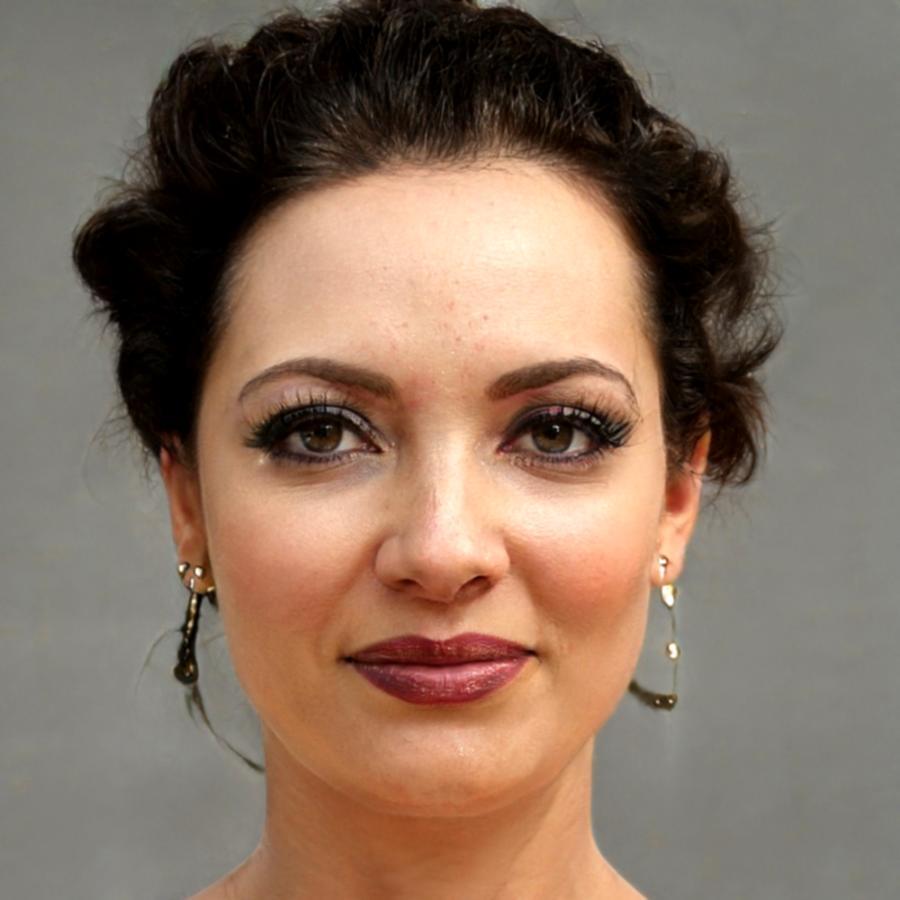Sort Your Money Into Clear Categories
Most people don't fail at budgeting because they're bad with money. They fail because they can't see where it's actually going. We teach a simple system that puts every dollar in its place so you can stop guessing and start controlling what happens next.
Explore Our Programs
Why Categories Matter More Than Totals
You already know your bank balance. What you probably don't know is how much you spent on food versus transport last month, or whether your entertainment budget is eating your savings goals.
Fixed vs. Variable
Rent doesn't change. Groceries do. Once you separate these two, planning becomes less stressful because you know exactly which numbers you can actually control.
Needs and Wants
This sounds obvious until you try to do it. Is Netflix a need? What about that coffee subscription? We'll walk you through the gray areas without judgment.
Future Planning
Savings isn't what's left over at the end of the month. It's a category you fund first. Emergency funds and long-term goals both get their own space in your budget.

How We Actually Teach This Stuff
- Start with your real transactions from the last three months. No hypothetical scenarios or perfect examples that don't match your life.
- Build categories that reflect how you actually spend money, not some textbook version of what a budget should look like.
- Learn to adjust when life changes. New job, moved cities, had a kid? Your categories need to shift too.
- Practice tracking without obsessing. Check in weekly instead of daily, and adjust monthly without panic.



What Happens During the Program
Our next cohort starts in September 2025. The program runs for eight weeks, with one evening session per week plus homework assignments you'll actually use.
Data Collection Phase
Week one is all about gathering your actual spending history. No judgment, no shame. Just numbers. You'll learn which sources matter and how to pull data from different accounts without losing your mind.
Category Building
Weeks two through four focus on creating your personal category system. You'll test different groupings, merge some, split others, and end up with a framework that actually makes sense for your life.
Tracking Practice
Weeks five and six are about building the habit. You'll track live spending, categorize as you go, and learn which tools work best for your particular situation and routine.
Long-Term Planning
The final two weeks connect your categories to bigger goals. Once you know where money goes, you can redirect it intentionally toward things that actually matter to you.

I thought I was terrible with money. Turns out I just needed better buckets to put it in. Three months after finishing the program, I actually know what I can afford before I spend it.